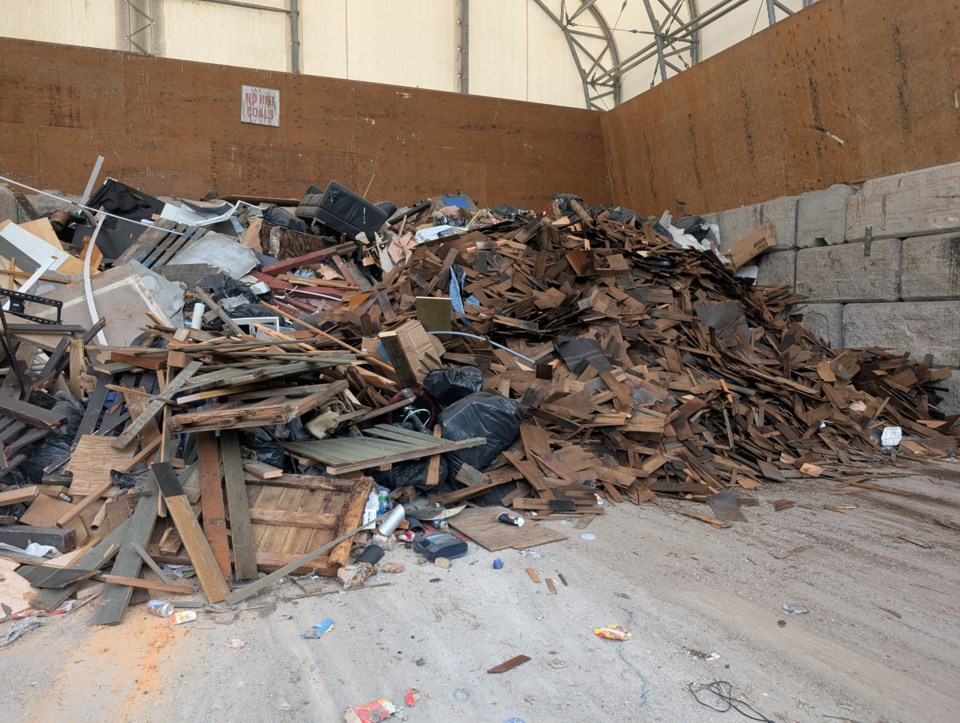AWARE Whistler commends Resort Municipality of Whistler (RMOW) staff for their ongoing work on the Zero Waste Action Plan (ZWAP) and supports the steps being taken to implement its recommendations. We are encouraged by the recent progress, including the passage of amendments to the Solid Waste Bylaw through third reading on June 10.
We particularly support the bylaw changes that: Improve options for addressing non-compliance in multifamily housing; clarify banned materials to aid proper sorting; introduce revised wood waste definitions and a pilot reuse initiative; and require solid waste management plans for certain permits.
However, as highlighted in the ZWAP update presented by zero waste coordinator Lauren Harrison at the June 10 council meeting, Whistler remains off-track to meet its key target: an 80-per-cent reduction in landfill waste by 2030 (from 2019 levels). The update made it clear, no new technology is needed.
What’s required is a shift in how we manage processes and engage the community.
Bold leadership is needed from council to support staff and empower the community, including the Zero Waste Working Group, to meet this formidable, but achievable, challenge.
It was discouraging to hear Councillor Ralph Forsyth’s suggestion that Whistler’s waste reduction targets may need to be lowered. Targets exist not only to measure progress but to motivate action. Falling short should trigger increased efforts, not diminished ambition. His acknowledgment of personal challenges at the transfer station reflects a broader truth: we must make it easier to do the right thing, and harder to do the wrong thing. That includes clearer communication, improved access, and stronger enforcement.
To accelerate progress, AWARE recommends the following actions: Implement hauler licensing and data reporting to improve oversight and enforcement; require clear bags for landfill waste to promote transparency and source separation; expand local recycling options (i.e., asphalt shingles, furniture, hazardous waste), even ahead of extended producer responsibility (EPR) programs; introduce “pay-as-you-throw” systems, as used in Pemberton; allow free tire drop-off at transfer stations to streamline waste handling; broaden solid waste management plan requirements to cover all new builds, major renovations, and rezoning applications; and align mixed-waste contamination limits with Squamish’s five-per-cent threshold.
We echo Mayor Jack Crompton’s view that the municipality should be looking at targets that “make us really stretch, but if we did, we could hit them.” This is a much more appropriate framing of these challenges. The ZWAP reflects this mindset. Developed through extensive consultation, it outlines what is necessary, not simply idealistic, to reduce waste and build resilience in our mountain community.
AWARE remains committed to supporting the RMOW in meeting these goals and advancing meaningful climate action. We believe Whistler can succeed, if we choose to act.




